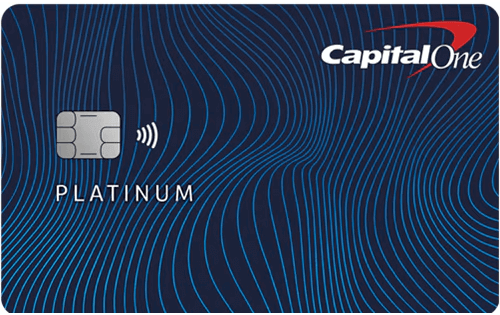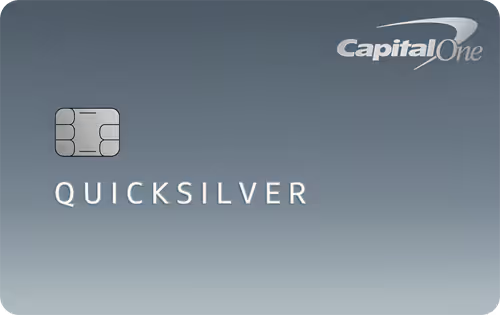WalletHub, Financial Company
@WalletHub
Closing a secured credit card has the potential to hurt your score, but that’s not because it’s a secured card. You run the risk of a slight drop in your score when closing any credit card because it can make your credit history seem shorter and reduce the total amount of credit you have available. The impact usually is most significant when you close your oldest account.
All else being equal, it’s best to keep unused accounts open, but it’s a slightly different story if you’re paying an annual fee or leaving a deposit in the custody of your card’s issuer. That’s especially true if you don’t need your credit score to be in top shape in the very near future. You don’t want to waste money on something you never use, after all, or give your card’s issuer an indefinite loan. Since secured cards typically don’t pay interest on deposits, there are far better uses for your fee and deposit money in the long run.
For example, if you placed a $200 deposit on a secured credit card in 2019 and never closed your account, that $200 would still be $200. But if you deposit that same amount of money into a savings account, the bank uses that money to make loans or invest in other financial products. In exchange for allowing the bank to use your funds, they pay you interest. So, if you invest $200 in a saving’s account with a 1.5% APY, you would have grown to approximately $215 today.
Things to Know About Closing a Secured Credit Card
- If you close the card, your average account age decreases and your total credit utilization increases. This may lead to a temporary credit score drop.
- If you don’t close the card, it will continue to report positive information to the credit bureaus each month, even if you don’t use it and there’s no balance.
- If your card charges an expensive annual fee, you may want to close it rather than pay every year for a card you’re not using.
- When you close a secured credit card, you’ll get your deposit back minus any outstanding balance.
- Some issuers will let you graduate to an unsecured card after consistent on-time payments. That means you’ll get your deposit back and often receive better benefits on your card.
Of course, you’d need to use a secured card for a while to improve your credit score enough to qualify for an unsecured card. And if you consistently pay your secured card’s bill on time, the issuer may offer to refund your security deposit. So it’s important to weigh all the different variables before deciding whether or not to close a secured credit card. And that includes how soon you plan to apply for a mortgage, auto loan or other major financial commitment for which your credit will be checked. A bit of temporary credit score damage won’t cost you if you don’t try to borrow until your score rebounds.
In all, closing a secured credit card might not be the greatest idea. However, most secured card users do it at some point. Keep in mind that you can lessen the impact with good timing.
sara_stiles, Member
@sara_stiles
15% of your credit score depends on the length of your credit history. If your secured credit card account is significantly older than your other accounts, closing it could lower the average age of your accounts and hurt your credit score. Closing your secured credit may also affect your credit utilization ratio.
Stacy Faraday, Member
@stacy_faraday3
Yeah, in the same way it will hurt if it was unsecured: your utilization ratio changes, and your overall length of credit will also get hurt once the card drops off your file.
Did we answer your question?
Important Disclosures
Ad Disclosure: Certain offers that appear on this site originate from paying advertisers. For full transparency, here is a list of our current advertisers.
Advertisers compensate WalletHub when you click on a link, or your application is approved, or your account is opened. Advertising impacts how and where offers appear on this site (including, for example, the order in which they appear and their prevalence). At WalletHub we try to present a wide array of offers, but our offers do not represent all financial services companies or products.
Advertising enables WalletHub to provide you proprietary tools, services, and content at no charge. Advertising does not impact WalletHub's editorial content including our best picks, reviews, ratings and opinions. Those are completely independent and not provided, commissioned, or endorsed by any company, as our editors follow a strict editorial policy.


